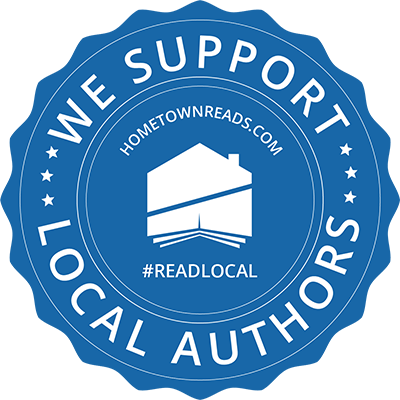E. Tip of the Day: Clarification
When an editor says, “Please clarify,” or “More details are needed here,” or “Clarify the reasoning here” what does it mean exactly?
Every editor is different, with varying opinions on what needs clarification in any specific story. As an editor, I tend to look at this way: if I’m confused about what is happening in a story, there’s something wrong, and that something needs to be fixed. Immediately.
Why? The fast answer: Because it’s not a good thing to alienate and confuse the readers. 🙂
As an author, what can you do to understand better what the editor is trying to tell you? Listen. Ask questions. Ask your editor to clarify to you what they need more details about, if it’s not clear in the comments they’ve made in your manuscript. Ultimately, what they’re telling you, is there’s not enough details being conveyed to the reader in order for the reader to understand what is happening in the story. If the reader is confused, that’s not good. So, when an editor mentions clarifying an area, whether it’s setting, eye color, or something happening in the plot, you should stand up and take notice. And then, find a solution that fits both your needs as the author, and the reader’s needs for understanding.
Here’s a cheat sheet–in my opinion–of areas that usually need clarification and how they can be addressed. And please, keep in mind, every novel is different, so some areas in a story may be more important to clarify than others.
1) If the comment is made on dialogue and is something the reader is explaining that happened, ask yourself: how much does this comment pertain to the overall plot? If my ending will be unaffected by anything I add to the story, how important is it that I add more details (in this specific place)? Or, is this something that can be cleared up later?
2) If the comment is made on setting, and the setting is as much a character as the rest of the cast of characters, it’s probably a good idea to make sure what is being conveyed makes sense. Ask yourself literally–maybe even by making a drawing of a chicken’s scratches map–if I took this route, would I get to my destination?
3) If the comment is made on your character’s personality, in my opinion, that’s a biggie. If your characters are inconsistent, it’ll make your novel a much more difficult read. The story is all about the characters, and when it comes down to it, is the reason why the readers are reading the story. So, ask yourself, why is my character acting this way here? How are they acting differently than in the previous chapter? Why is it important for them to act this way, or can I have them act more like themselves, and still get my point across?
Make your revisions based on your best judgements. Take time to read your work out loud after the revisions have been made. Put yourself in the reader’s shoes, not having any of the back story in their heads before they begin reading. If you’re still confused, and the editor is unhappy with your choice of clarifying on the revisions, it might be time to a) find a new editor, or b) do a self-evaluation on your writing style. It’s important to work with an editor who understands where you as an author are coming from, and what the story is at heart that you’re trying to tell. Editors are there to help the process, not hinder it. 🙂


